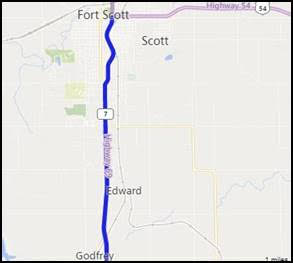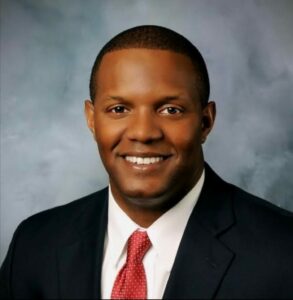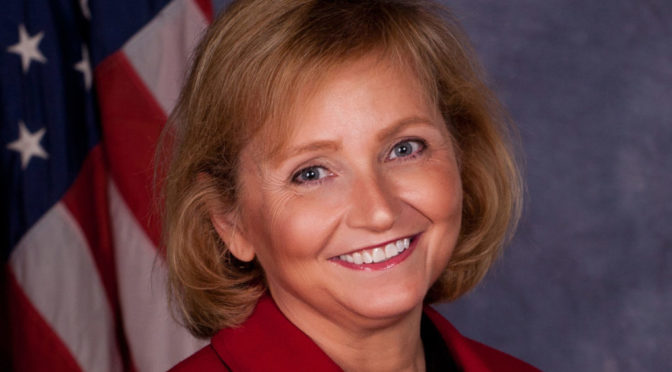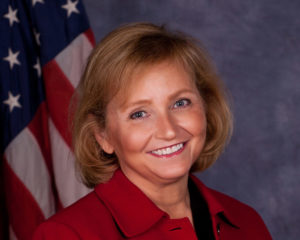Governor Laura Kelly Relocates Tourism
to the Kansas Department of Commerce
to Spur Economic Growth
TOPEKA – Governor Laura Kelly announced the Kansas Tourism Division will officially be part of the Kansas Department of Commerce, in accordance with the Executive Reorganization Order (ERO) Governor Kelly submitted to the Kansas Legislature on Jan. 25 of this year. The 60 calendar day period has expired without action by either the Kansas House or Kansas Senate chamber, therefore the reorganization will occur starting July 1, 2021.
“Moving the Tourism division into the Department of Commerce sends a clear message to our industry partners and prospective companies that my administration will use every tool at our disposal to spur new economic growth,” Governor Kelly said. “This realignment will support our businesses, our tourism industry, and will play a significant role in our COVID-19 recovery efforts.”
The Department of Commerce features several tools designed to increase tourism into the state, including the Kansas Athletic Commission and the STAR Bonds program. Through this reorganization, Kansas Tourism will be its own independent division within Commerce, with the Director reporting to Lieutenant Governor and Commerce Secretary David Toland.
“Tourism is ultimately about economic development, so it makes perfect sense to have tourism housed within the state’s economic development agency,” Lt. Governor/Commerce Secretary Toland said. “I’m excited to welcome the Kansas Tourism team to the Department of Commerce as we work to achieve Governor Kelly’s vision for faster growth and stronger local economies across the state.”
“I am thrilled to be part of this transition for the Kansas Tourism team,” Bridgette Jobe, Director of Kansas Tourism, said. “The entire team is a dedicated, passionate group of individuals who understand the value in marketing Kansas to visitors. Being a key part of the Department of Commerce increases our opportunities for growth and greater economic impact to Kansas.”
The ERO came as the result of input from businesses, destination marketing organizations and other key industry partners, including the Travel Industry Association of Kansas (TIAK), the Kansas Restaurant & Hospitality Association (KRHA), and the Kansas Economic Development Alliance (KEDA), which all agreed it is best to consolidate Kansas’ tourism efforts and economic development initiatives.
“This move will significantly improve our state’s tourism efforts,” TIAK President Jim Zaleski, Labette County CVB, said. “TIAK is grateful to Governor Kelly, the administration, and the Legislature for responding to industry suggestions, and TIAK looks forward to working with Kansas Tourism in its new home at the Department of Commerce.”
“The tourism sector, as a tool for economic development, can be such a powerful difference maker for our state’s hospitality industry,” Kansas Restaurant and Hospitality Association President Adam Mills said. “Bringing more people to Kansas means more dollars exchanged between tourists and Kansas businesses. Coming off of weakened economic conditions from the effects of COVID-19, I am excited to see the State of Kansas is making this move. We are confident this move strengthens our state’s tourism efforts, which will in turn strengthen our hospitality industry and our state’s economy.”
“Governor Kelly has made the right decision in placing tourism with Commerce, and I’m pleased to see this move become official,” President of the Kansas Economic Development Alliance Steve Jack said. “More money brought to our state from elsewhere means an injection of fresh capital into our economy. Commerce has proven their efficiency, and I know that they will excel with this new responsibility.”
As a result of the ERO, the Kansas Department of Wildlife, Parks and Tourism (KDWPT) will be designated the Kansas Department of Wildlife and Parks (KDWP) beginning July 1, 2021.
“We believe realigning Kansas Tourism with Commerce will benefit both,” KDWPT Secretary Brad Loveless said. “Kansas Tourism has been a wonderful asset to our agency and will continue to be a valuable partner as we collaborate to market our state’s wonderful outdoor activities and state parks.”


 FOR IMMEDIATE RELEASE:
FOR IMMEDIATE RELEASE:



